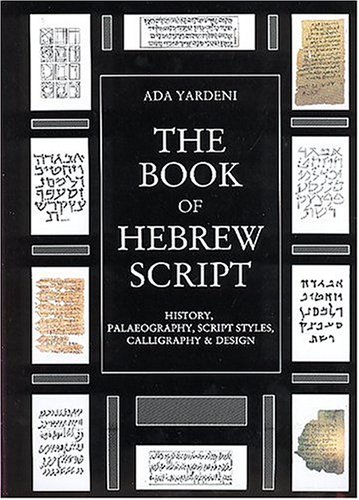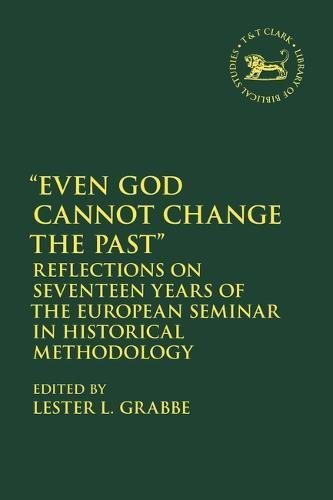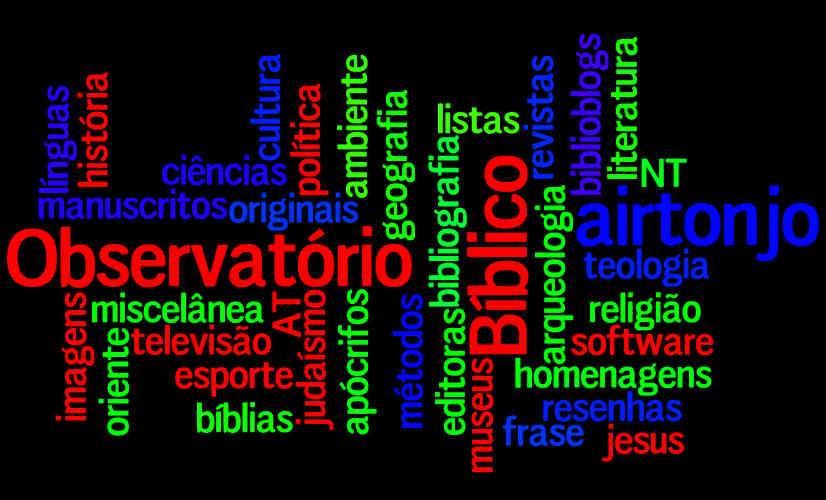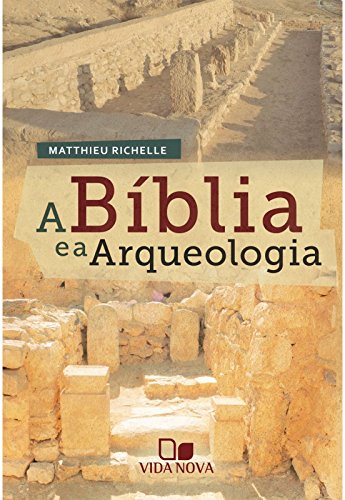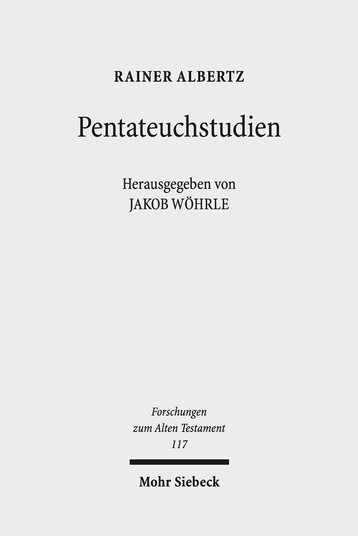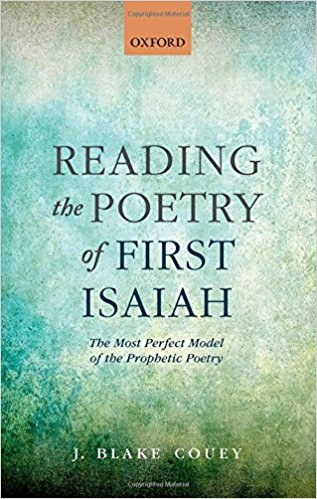Sobre a iniciativa, leia aqui.
Sobre o seminário de 2019:
:: Tema: A obra lucana – Evangelho de Lucas e Atos dos Apóstolos
:: Data: 21-25 de janeiro de 2019
:: Coordenador: Professor Dean Béchard
:: Inscrição: até 10 de outubro de 2018
No site do PIB se lê em italiano [ou English]:
Seminario 2019: dal 21 al 25 gennaio 2019
Tema del seminario: L’opera lucana (Vangelo di Luca e Atti degli Apostoli)
Il prossimo Seminario di aggiornamento per Docenti di Sacra Scrittura avrà luogo dal 21 al 25 gennaio 2019 e sarà diretto dal Prof. Dean Béchard.
Rispettando l’alternanza tra Antico e Nuovo Testamento, oggetto del seminario saranno i due scritti neotestamentari che compongono l’opera lucana (Vangelo di Luca e Atti degli Apostoli).
Come negli anni precedenti, il Seminario prevede delle lezioni magistrali al mattino e sedute pomeridiane di approfondimento. Queste ultime saranno o in forma seminariale o in forma di lezioni frontali.
Lezioni del mattino (programma previsto):
:. In una mattinata introduttiva, ci saranno due interventi che si focalizzeranno su aspetti metodologici:
. Approcci sincronico/co-testuali (Prof. Massimo Grilli);
. Approcci diacronico-contestuali (Prof. Santiago Guijarro Oporto).
:. Le tematiche del giorno seguente saranno di carattere più teologico:
. La Tipologia profetica nel vangelo di Luca (Prof. Jean-Noël Aletti);
. La ripresa dell’AT nel Vangelo di Luca (Prof. Matteo Crimella).
:. Mercoledì, 23 gennaio, il prof. Christopher Tuckett terrà due lezioni su: Luca e la tradizione sinottica e Luca e la fonte “Q”.
:. Il giorno seguente, il prof. Daniel Marguerat tratterà della storiografia lucana e il prof. Anthony Giambrone dell’Ecclesiologia negli Atti.
:. Le lezioni del mattino di venerdì saranno dedicate alle figure di Pietro e Paolo:
. La figura di Pietro nell’opera lucana (prof. Antonio Landi)
. La figura di Paolo nel libro degli Atti (prof. Luke Macnamara)
:. Concluderanno il seminario (venerdì pomeriggio) due interventi dei proff. Steven Mason e Dean Béchard, che tratteranno rispettivamente:
. Luca-Atti e la storiografia contemporanea;
. Luca l’autore reale e implicito.
Sedute pomeridiane (in forma seminariale o di lezioni frontali):
:. Alcuni fra i Docenti che hanno tenuto le lezioni al mattino presenteranno dei temi di approfondimento (Proff. Guijarro Oporto, Crimella, Landi, Mason).
:. Ad essi si aggiungeranno altri docenti che affronteranno ulteriori tematiche specifiche dell’opera lucana:
. Carlo Broccardo (L’insegnamento “poco dogmatico” di Gesù. Un esempio da Lc 15–16);
. Pedro Cabello Morales (Povertà e ricchezza in Luca-Atti);
. Matjaz Celarc (I “sommari” negli Atti);
. Andrés Garcia Serrano (Vangelo dell’infanzia: Lc 1-2);
. Alessandro Gennari (Il peirasmos in Luca);
. Michel Kamanzi (Racconto della Passione in Luca e Giovanni);
. Roland Meynet (La composizione del vangelo di Luca);
. Henry Pattarumadathil (Luca, Matteo e la fonte Q);
. Sunil Cliffard Ranjar(Discorso della pianura: Lc 6);
. Lorenzo Rossi (L’uso della synkrisis nell’opera lucana).
Il programma dettagliato della settimana, che terrà conto anche del numero degli iscritti, sarà disponibile alla fine di ottobre (dopo la chiusura delle iscrizioni).
Iscrizioni
Chi fosse interessato è pregato di dare la propria adesione entro il 10 ottobre 2018, inviando una e-mail all’indirizzo: pibsegr@biblico.it
Ai partecipanti viene chiesto un contributo di € 120.
Per gli iscritti all’associazione ex-alunni PIB il contributo sarà invece di € 100.
Tale contributo potrà essere versato all’inizio del seminario. Non è necessario inviare alcuna somma al momento dell’iscrizione; si chiede però gentilmente di inviare la propria adesione solo se realmente si prevede di partecipare, proprio perché l’organizzazione finale della settimana dipenderà anche dal numero dei partecipanti.
Per ulteriori informazioni rivolgersi a: Segretario Generale PIB (pibsegr@biblico.it)
Leia Mais:
Todos os seminários do PIB para professores de Bíblia
